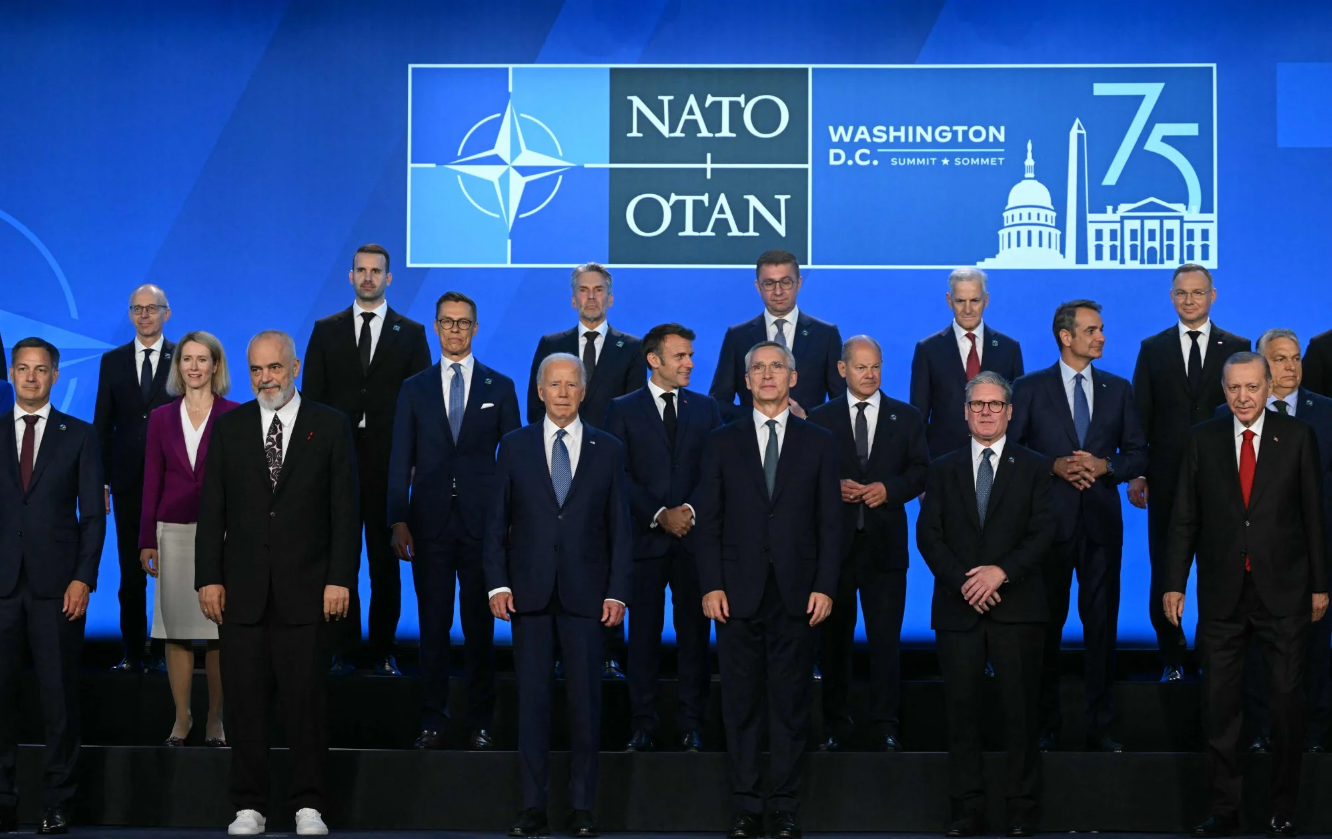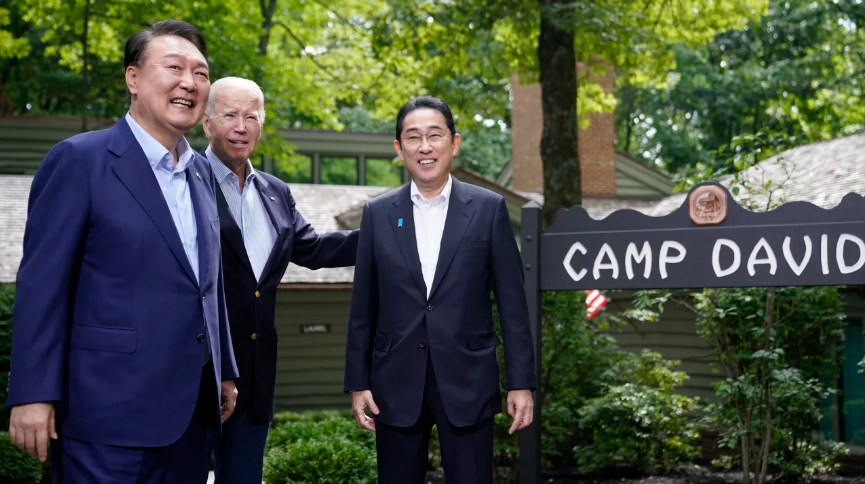
Brian Wong, Assistant Professor in Philosophy and Fellow at Centre on Contemporary China and the World, HKU and Rhodes Scholar
Oct 30, 2024
The recent meeting between Chinese President Xi Jinping and Indian Prime Minister Narendra Modi at the BRICS summit highlights a crucial shift toward economic growth and rebuilding their relationship amid ongoing competition and territorial disputes. Ultimately, it’s imperative the two countries find ways to bolster trust, facilitate communication, and identify common ground moving forward.
Li Yan, Director of President's Office, China Institutes of Contemporary International Relations
Oct 08, 2024
The institutionalized quadrilateral dialogue is now a leading alliance network of the U.S., alongside its bilateral alliances in the Asia Pacific. But there are differences within the Quad that are larger with regard to global hot spots such as the Ukraine crisis and the Palestinian-Israeli conflict.
Zhang Wenzong, Associate Research Fellow, CICIR
Sep 11, 2024
In the run-up to the 2024 election, we can see how domestic politics bring changes to U.S. foreign policy. Interest groups in crucial swing states will play an outsize role in U.S. policy formulation, and their influence will extend beyond their actual voting power.

Zhang Gaosheng, Researcher at Department of World Peace and Security, China Institute of International Studies
Aug 08, 2024
The organization has become an instrument of U.S. hegemony that creates confrontation. The NATO Declaration’s statements about China are loaded with bias, stigma and provocation at a time when the world really needs a force for peace and stability.
Luo Liang, Assistant Research Fellow, National Institute for South China Sea Studies
Apr 30, 2024
The United States talks the talk but fails to walk the walk. It is angling to create a mini NATO parallel organization in the Asia-Pacific region by enlisting the Philippines and Japan. Its Cold War thinking only creates conflict and confrontation — hyping security threats and sabotaging peace and stability.
Lucio Blanco Pitlo III, President of Philippine Association for Chinese Studies, and Research Fellow at Asia-Pacific Pathways to Progress Foundation
Mar 05, 2024
Amidst the India-Maldives dispute, the intricate dynamics of small island states emerge as pivotal players in the evolving maritime power play. As global powers vie for influence, the geopolitical spotlight shifts to these territories, whose strategic significance prompts a reassessment of traditional labels and fosters a newfound assertiveness in negotiating their roles in the international arena.
Brantly Womack, Professor, University of Virginia
Dec 14, 2023
The Indo-Pacific aims to contain China's influence but struggles with unclear membership and diverse objectives. By contrast, the economic region of Pacific Asia, centered on China, emphasizes interdependence, but grapples with political uncertainties due to concerns about overreliance on China. The member states of both have agency and will pursue their own interests, but China’s behavior will likely determine which grouping has the greater strategic salience.
Brian Wong, Assistant Professor in Philosophy and Fellow at Centre on Contemporary China and the World, HKU and Rhodes Scholar
Nov 03, 2023
Southeast Asia’s geographic location and burgeoning economy puts them in the center of strategic plans by neighboring China, and rivalling U.S.-interests. The path forward for the region’s states will demand acute political maneuvering.
Alicia Garcia Herrero, Chief Economist for Asia Pacific at NATIXIS and Senior Fellow at Bruegel
Sep 07, 2023
China's economic slowdown is no longer the main contributor to global growth, but the rising strength of developing Asian economies offers hope for sustained global economic activity in 2023.

Li Yan, Director of President's Office, China Institutes of Contemporary International Relations
Sep 05, 2023
The deepening trilateral collaboration of the United States, Japan and the Republic of Korea is undermining stability on the Korean Peninsula, and recent provocative actions, will only serve to escalate tensions further. In addition, harsh rhetoric erodes the fragile trust of nations and could result in a generalized sense of insecurity.
Back to Top

- China-US Focus builds trust and understanding between the U.S. and China through open dialogue among thought leaders.
- Our Offerings
- Topics
- Videos
- Podcasts
- Columnists
- Research Reports
- Focus Digest
- Stay Connected
-
Thanks for signing up!
- Get the latest stories from China-US Focus weekly.